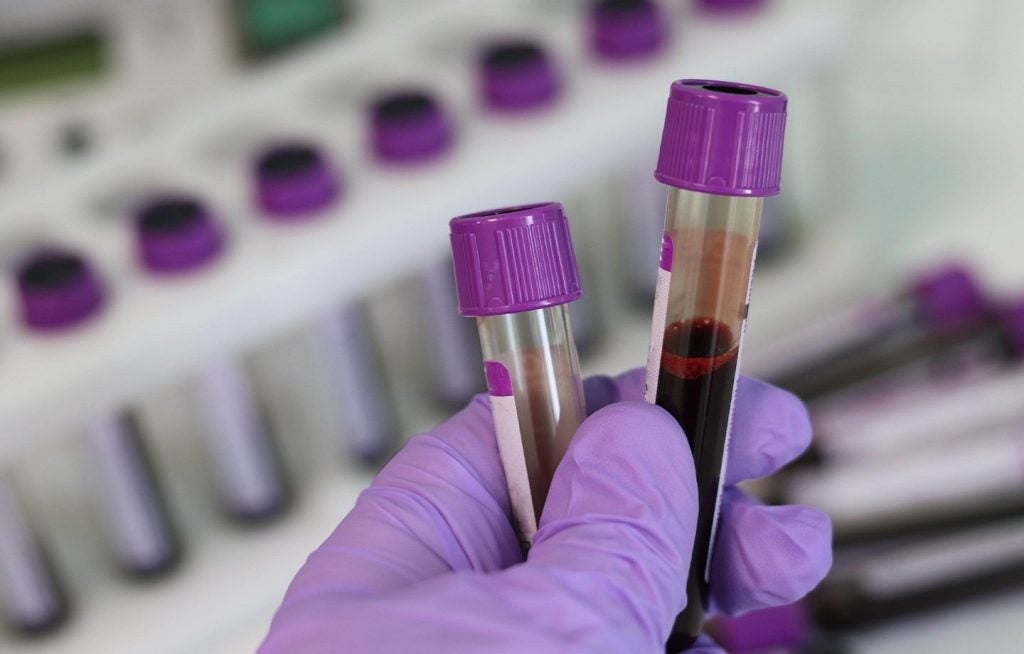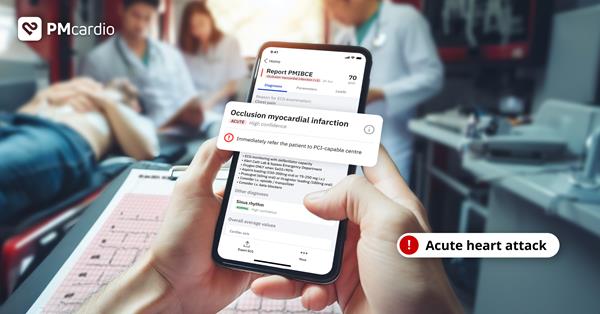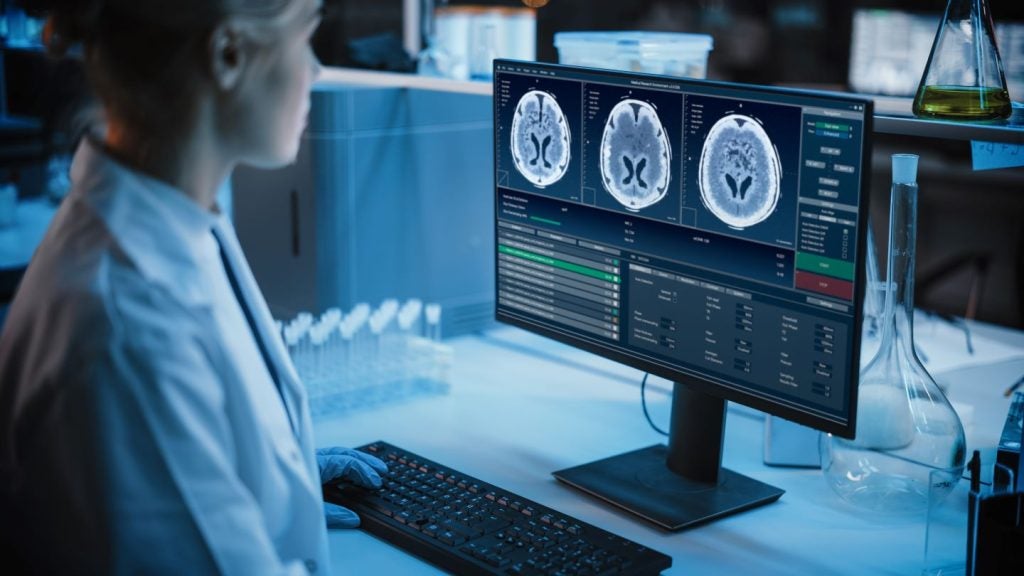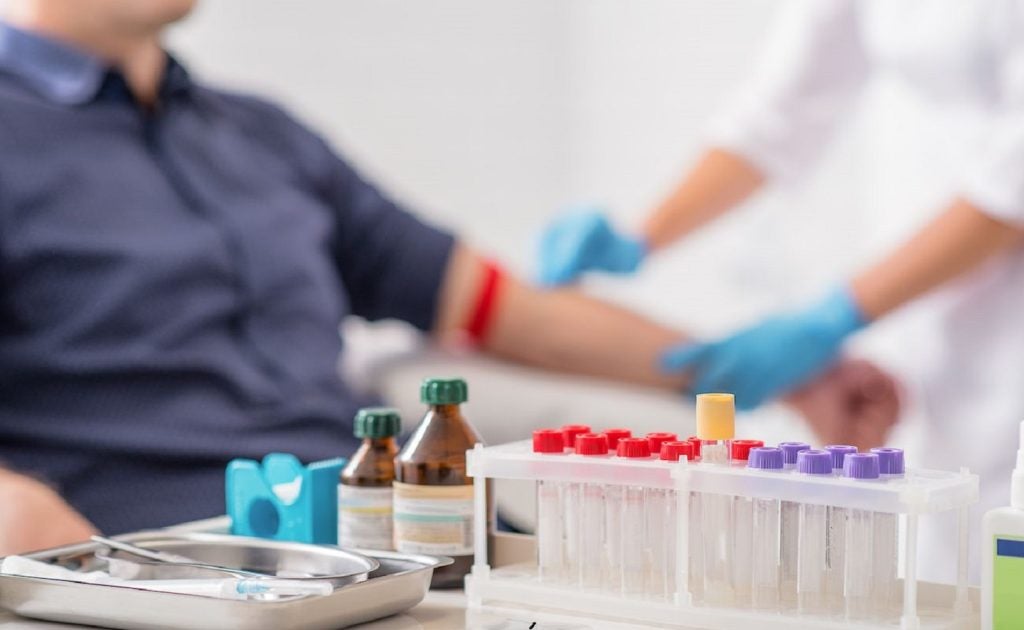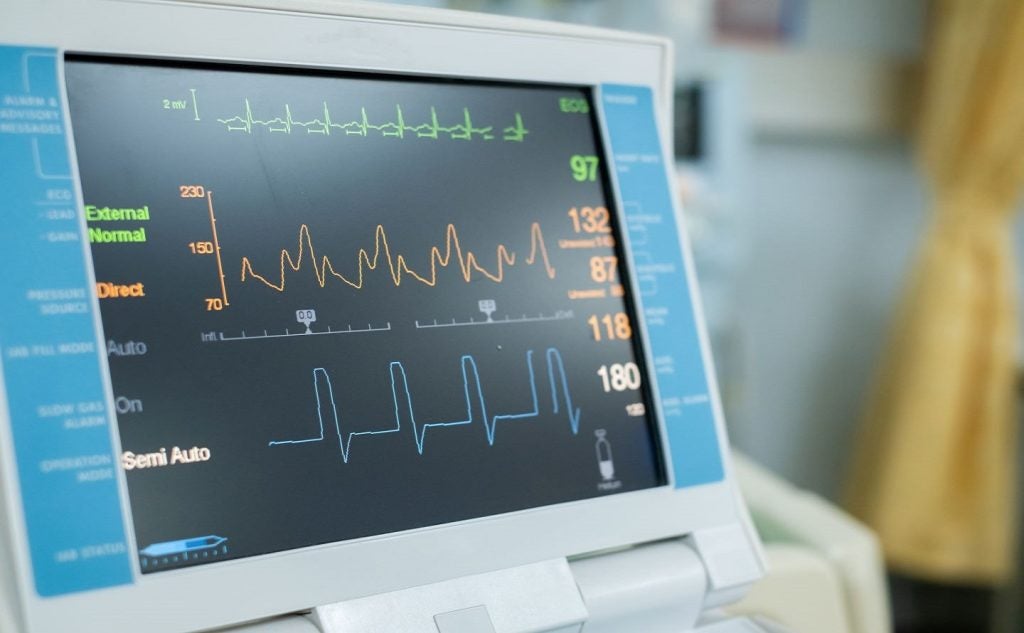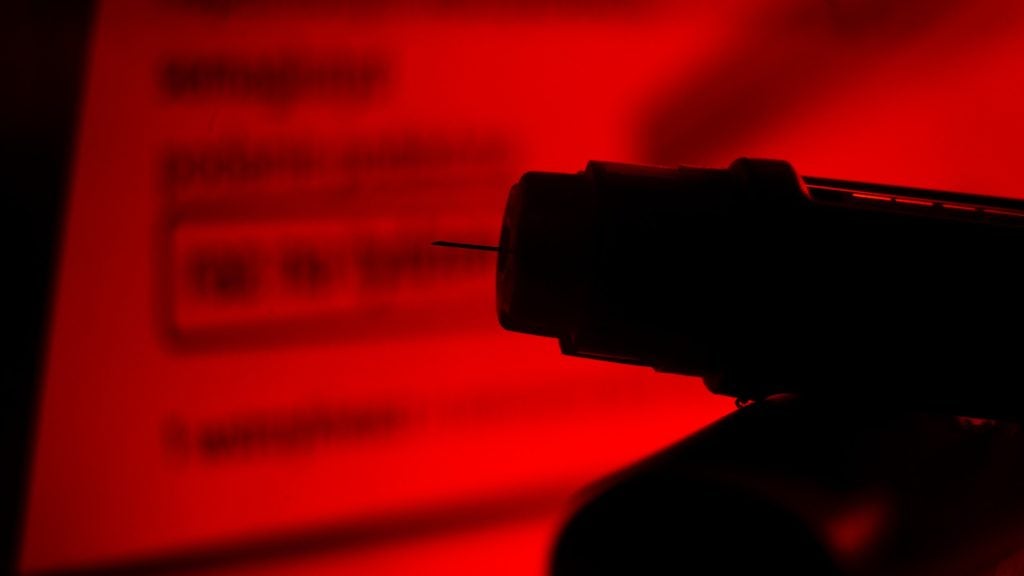Cardio Diagnostics has published results from the validation study for the company’s artificial intelligence (AI)-guided integrated genetic-epigenetic test PrecisionCHD for detecting coronary heart disease (CHD).
The study was conducted in collaboration with Intermountain Healthcare and University of Iowa Hospitals and Clinics. The results were published in the Journal of the American Heart Association (JAHA).
CHD is characterised by the narrowing of coronary arteries due to a build-up of fatty material within their walls. This causes low blood supply to the heart and can lead to death. According to the World Health Organization (WHO), CHDs are the leading cause of death worldwide, causing approximately 17.9 million deaths each year.
CHD is diagnosed by using various tests such as blood tests, echocardiograms, and computerised tomography (CT) coronary angiogram. While CT angiogram has a sensitivity of 97%, it is expensive to conduct and can only be done at specialised centres. PrecisionCHD aims to reduce the dependence on specialised tests by offering an alternative blood-based test, as per the 20 November press release.
PrecisionCHD study
Epigenetic genetic testing is a study, which evaluates how a person’s behaviours and environment can cause changes that affect the function of their genes. PrecisionCHD test maps six methylation-sensitive digital polymerase chain reaction (MSdPCR) assays to detect the presence of CHD.
The PrecisionCHD was designed using machine learning in three cohorts – training, testing, and validation. The training set consisted of 183 CHD subjects and 1400 controls, the test set contained 61 CHD subjects and 467 controls, and the validation cohort consisted of 76 CHD subjects and 84 controls.
The test had a sensitivity and specificity of 78% and 74% in the test cohort, 76% and 71% in the test cohort and 82% and 82% in the validation cohort.
The use of AI and machine learning to assist in diagnostic testing has been increasing in prevalence in recent years. GlobalData predicts AI to become a key driver of medical device innovation, with the AI market reaching expected sales of $93bn in 2023.
The MSdPCR assessments map the six distinctive, potentially modifiable pathways known to be involved in the pathogenesis of ischemic heart disease. It thereby offers insight into the patient’s distinct modifiable drivers and can be used to personalise treatment.
Earlier this month, Cardio Diagnostics partnered with healthcare performance improvement company Vizient to improve US access for PrecisionCHD and Epi+Gen CHD tests.
Other approved non-invasive CHD detecting devices include the US Food and Drug Administration (FDA) approved CorVista Health’s CAD add-on. The test was 88% sensitive and 51% specific.




